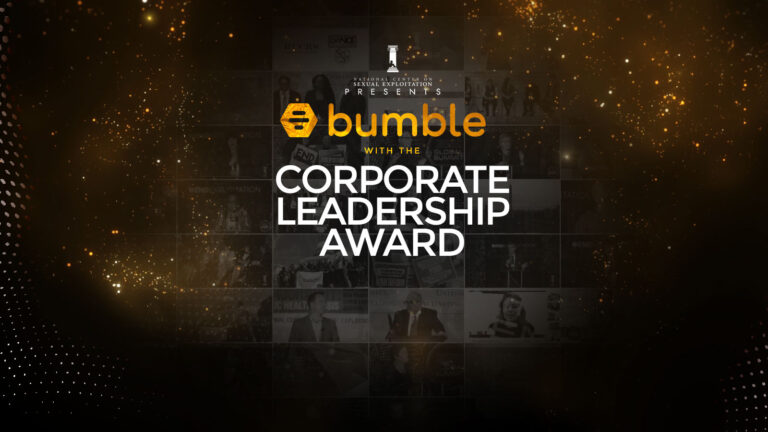Movie mogul Harvey Weinstein. Directors James Toback and Brett Ratner. Oscar-winners Kevin Spacey and Dustin Hoffman. Actor Jeremy Piven. Comedian Andy Dick. These are the boldfaced names in the headlines lately over accusations of sexual harassment and abuse, even rape.
American women, especially, are paying attention. But they’re interpreting the news in significantly different ways based on their age and generational cohort, experts say.
The argument about generational differences goes like this: Baby-boom women (those born between 1946-1964) are more likely to shrug off grabby, gross guys in the workplace as inevitable, not worth making a big deal when it happens. Keep calm and carry on.
Generation X (1965 to early 1980s), too, have mostly kept quiet and carried on, perhaps chastened in their early working years by the blowback visited on law professor Anita Hill in 1991 when she accused a Supreme Court nominee of past sexual harassment.
From the boomer generation to the GenXers, national data surveys show increasing support for women in the workforce and for gender equality, says a leading generations expert, San Diego State University psychologist Jean Twenge, 46.
“When boomers were growing up that was not taken for granted; for Generation X it was more accepted but there was still a lot of skepticism in the 1970s and 1980s,” says Twenge. “Boomers talked about (sexual harassment and abuse), they knew it went on but it was not well publicized and it was harder for women to speak up.”
But millennials (anyone born after 1980, according to some definitions), have grown up in a different world, drinking in notions of women’s equality practically from their sippy cups, Twenge says. Sexual harassment laws are on the books. Women outnumber men in colleges. Women are accustomed to seeing female doctors and lawyers or, even more formative, seeing women playing doctors and lawyers on TV, she says.
Thus, millennial women, the thinking goes, are less likely to tolerate the kind of stuff their mothers or grandmothers had to endure and are more likely to speak up at the time if they are subjected to it.
…
The Weinstein mess and other attendant scandals have been seized by a number of anti-rape groups, such as the National Sexual Violence Resource Center and the National Center on Sexual Exploitation, to promote their campaigns against porn for its alleged role in animating sexual abuse.
Haley Halverson, 25, who heads up advocacy and outreach for NCSE, says there are signs that many millennial women are more vocal, especially with the help of social media, but there are also signs that many are “anesthetized.”
“The millennial generation, my generation, is more inundated than any other generation in history with hyper-sexualized images and gratuitous portrayals of sexual violence against women in pornography, the media, and mainstream entertainment,” Halvorsen says, adding that entertainment production studios should be held “accountable for what they teach.”



